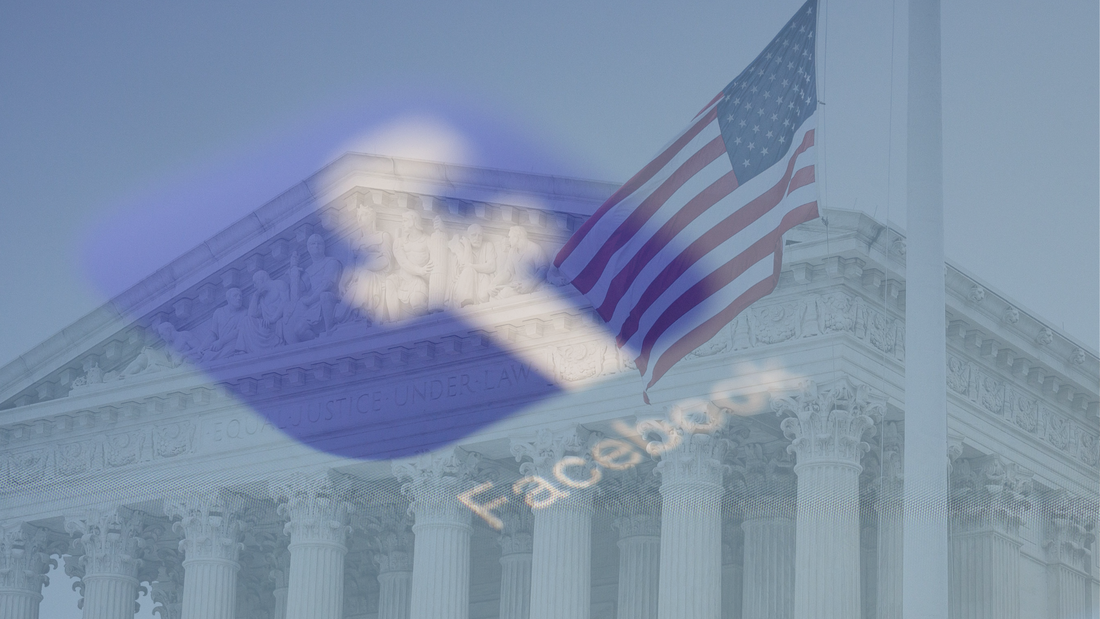|
In April, Protect The 1st reported on two pending cases before the Supreme Court, O’Connor-Ratcliff v. Garnier and Lindke v. Freed, addressing the question of what constitutes a public forum on Facebook. In both lawsuits, public officials blocked criticism from constituents on their social media sites; in both instances, the constituents sued.
Now, the U.S. Supreme Court is set to deliberate the urgent question: When does a personal account become public? This is the first time the Court will address the difference between public and private fora against the backdrop of the digital age. In our Protect The First Foundation amicus brief in O’Connor-Ratcliff, we write: “The state action question in this case implicates two vital First Amendment rights: that of citizens to access government fora, and that of public officials to control with whom and how they communicate when they speak in their private capacities. As this case demonstrates, those rights are in tension when it is not immediately apparent whether a government representative is operating a social media account in her public or private capacity.” The petitioners argue that they should be able to block constituents from their social media profiles, on which they discussed government business, as long as their actions aren’t affirmatively required as one of their government duties and they don’t explicitly invoke state authority. In short, they wish to summon their own First Amendment rights to silence their critics in a public forum. For many years now, Members of Congress have segregated their personal and public accounts. They are correct in doing so, and this situation shows why. The legal issue is at what point does a public official’s actions constitute “state action.” And here, the officials’ social media pages are draped in their status as public servants – even though they began as personal campaign pages. With great regularity, they post about official government business and use their accounts to facilitate their government duties. As such, they cannot then claim that when they operate those accounts they are private actors. Government officials, like everyone else, have First Amendment rights. But they cannot have their cake and eat it too by speaking with the authority of government while erasing the access of their critics to that speech. The fact is that we must – now – delineate the limits and boundaries of social media’s power in the context of public service. If you are a public official, you cannot – must not – be able to silence your critics in a public forum under the auspices of your own First Amendment rights. Sorry. Sometimes you just have to take the heat. Comments are closed.
|
Archives
June 2024
Categories
All
|
ABOUT |
ISSUES |
TAKE ACTION |



 RSS Feed
RSS Feed